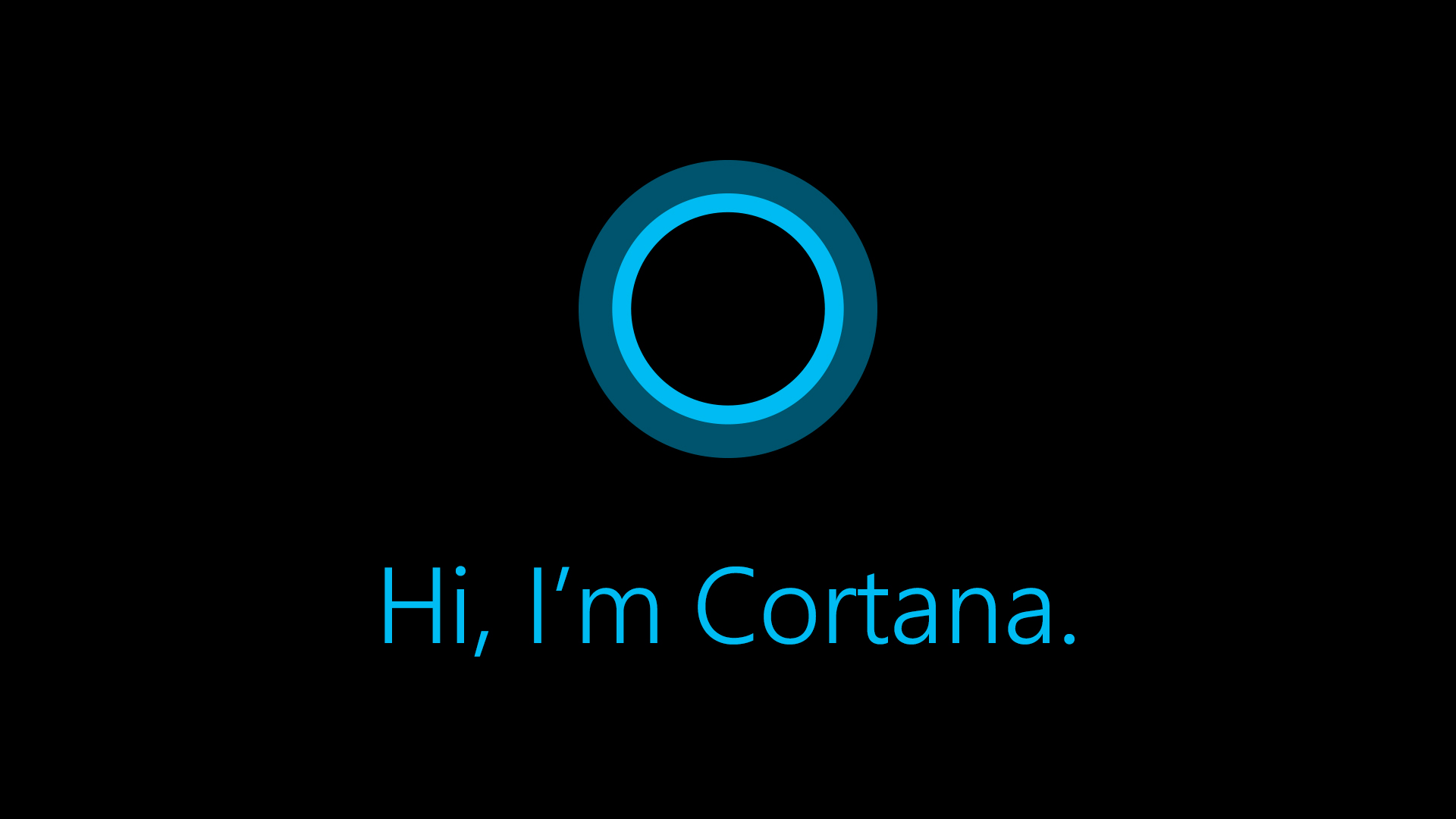Microsoft debuts brilliant Cortana SDK strategy
The strategy potentially means that Cortana will show up on many more devices and device types than if it Microsoft had simply copied Echo.

Since the advent of Amazon Echo/Alexa, and especially, Google Home, I had been wondering what Microsoft’s response would be and whether it would develop a stand-alone digital assistant device. Now it has, but not in the way I expected: the company has embraced a third-party SDK approach.
What this means is that other device-makers can potentially embed Cortana functionality into any piece of hardware. (And wherever Cortana goes, the Bing search index follows.) The first device to do so is a Harman Kardon stand-alone speaker, which will become available in 2017 (video below).
Yesterday, in San Francisco, Microsoft announced two things related to Cortana:
- Cortana Devices SDK
- Cortana Skills Kit Preview
Cortana Skills, like Alexa skills, allow third-party developers to integrate with Cortana as a voice-search/virtual assistant front end:
The Cortana Skills Kit will allow developers to leverage bots created with the Microsoft Bot Framework and publish them to Cortana as a new skill, to integrate their web services as skills and to repurpose code from their existing Alexa skills to create Cortana skills. It will connect users to skills when users ask, and proactively present skills to users in the appropriate context. And it will help developers personalize their experiences by leveraging Cortana’s understanding of users’ preferences and context, based on user permissions.
Microsoft announced several early partners that were developing Cortana skills: Knowmail, Capital One, Expedia and TalkLocal. Virtual assistant “skills” (a term coined by Amazon) are the new apps.
Regarding device integration, the company’s SDK approach allows Cortana to be present on any device or operating system. Cortana, which claims 145 million users, is available on Windows 10, Android, iOS and the Xbox. This new announcement allows potentially any hardware OEM to embed Cortana and benefit from Cortana skills.
This approach, in retrospect, is consistent with Microsoft’s platform-agnostic software strategy that emerged with the appointment of CEO Satya Nadella. But it’s impressive nonetheless. And it means that Cortana will potentially get integrated into many more devices and device categories than its competitors.
Given Microsoft’s weak mobile position, Cortana is at a relative disadvantage vs. the Google Assistant, Siri, and even Alexa. Apple is rumored to be working on an Echo-like, Siri-powered device. One would have thought Microsoft would also go that route and build a proprietary hardware device.
However, the SDK strategy lets others who otherwise wouldn’t have access to this sophisticated AI/virtual assistant technology build Cortana into their devices. In offering that possibility, Microsoft has a real shot at becoming a leader in the category.
Contributing authors are invited to create content for Search Engine Land and are chosen for their expertise and contribution to the search community. Our contributors work under the oversight of the editorial staff and contributions are checked for quality and relevance to our readers. The opinions they express are their own.
Related stories